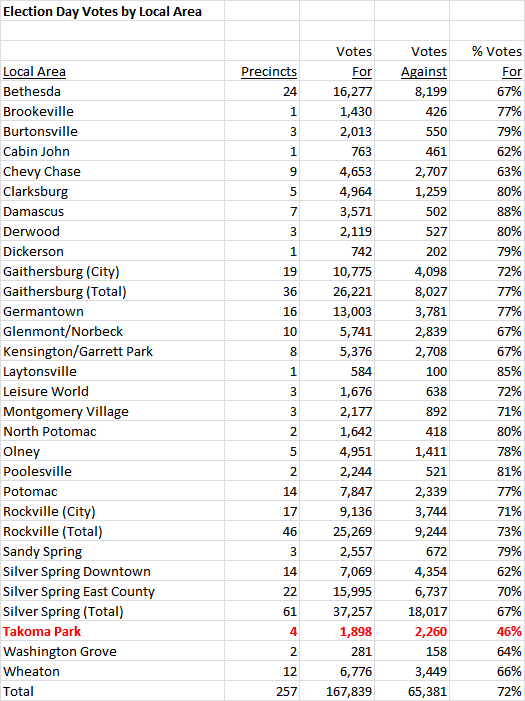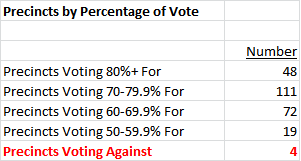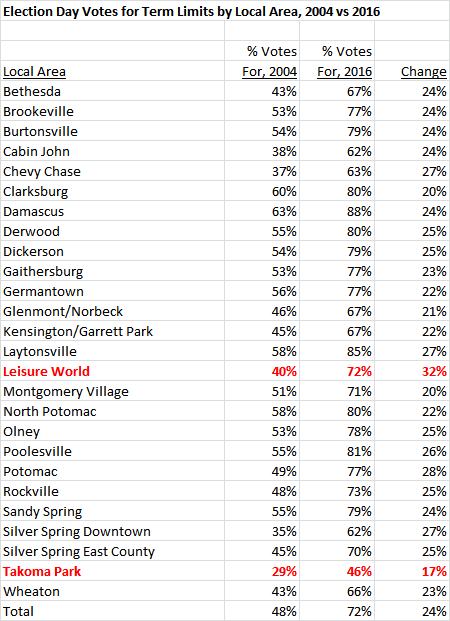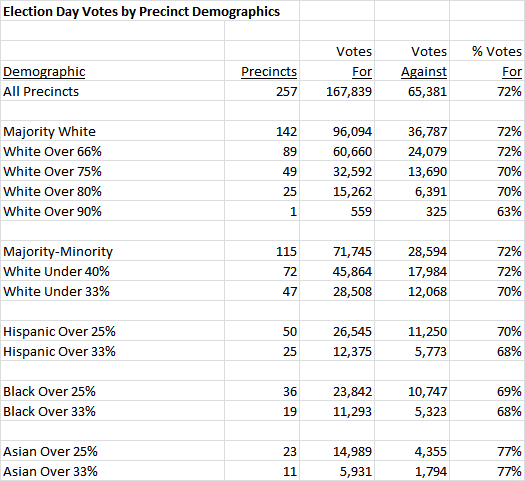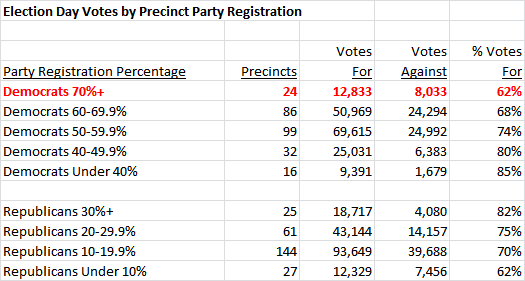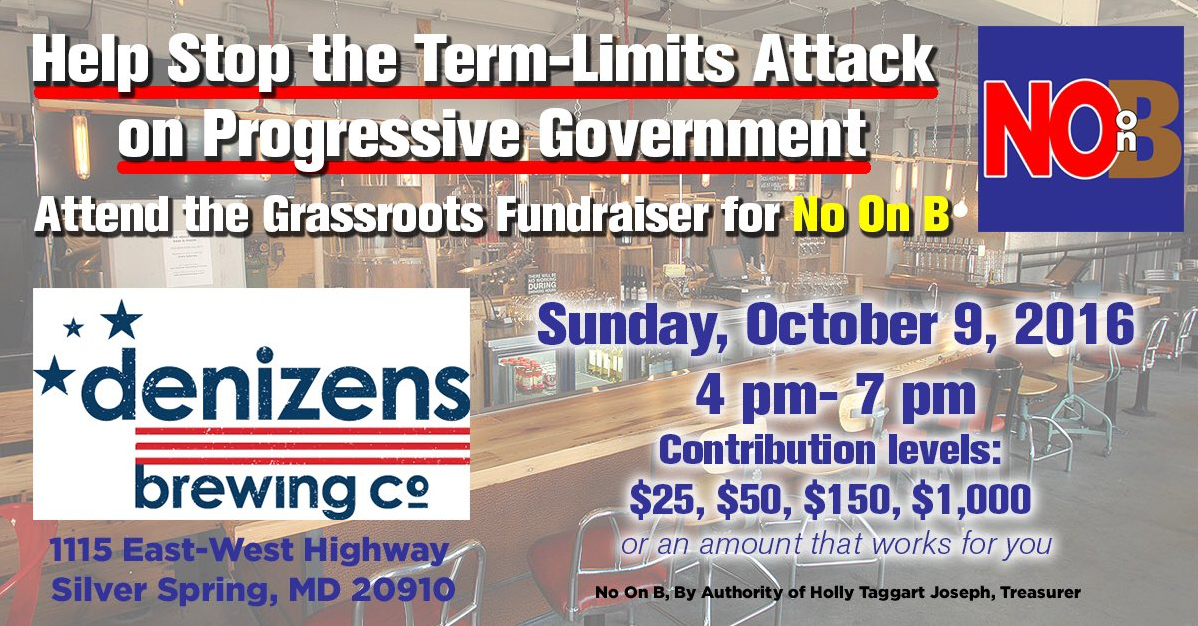By Adam Pagnucco.
Recently, one of our readers emailed me this reaction to my column on Republican support for Nine Districts.
Dear Adam, thanks for covering the “Nine Districts” matter. Rest assured, there is at least one dyed-in-the-wool Democrat who believes that County Council has for years betrayed the voters and residents on planning issues … and welcomes trying a new approach that might bring to end the years of County Council’s betrayal of voters and residents … so passing the “Nine Districts” ballot measure might not be a silver bullet, but it sends a strong signal — like passing the “term limits” ballot measure — that County Council’s betrayal of voters and residents has not gone unnoticed and that, to the extent possible, County Council will be held accountable by the voters they have betrayed.
This reader has an interesting point in bringing up term limits. The coalition for Nine Districts bears a more-than-passing resemblance to the coalition supporting term limits in 2016. Both groups contained Republicans, business folks, unhappy developers, moderate Democrats and everyone else who opposed the status quo. Some upcounty residents see a lot of appeal in Nine Districts. Four years ago, Clarksburg, Damascus, Derwood, Laytonsville, North Potomac and Poolesville voted in support of term limits by 80% or more.
Now let’s consider what Nine Districts supporters had to say about why they favored that initiative. There are themes of being ignored, losing out to downcounty and/or “Takoma Park” progressives, dissatisfaction with planning issues and more. Those very same grievances were cited by term limits supporters four years ago. And term limits were sold as the magic elixir that was supposed to fix it. All of it.
One thing that the term limits vote accomplished is that it spawned enormous, although probably temporary, aversion to tax hikes at the county council. Five council members who voted for the 8.7% property tax hike in 2016 that preceded the 70% vote for term limits are still on the council. Most of them along with at least half of the freshmen have opposed tax hikes at nearly every turn over the past year. When the county executive proposed a tax hike to fund more money for schools, eight of the nine council members immediately rejected it out of hand. When members of the General Assembly offered more taxing power to the council, a majority of them rejected that too even though it was merely enabling authority. They also rejected a hidden tax hike that was buried in the county executive’s budget. Council Member Evan Glass’s bill to tax teardowns is in limbo. And though they don’t favor Robin Ficker’s draconian charter amendment banning property tax increases, the council proposed an alternative containing a unanimous vote requirement for breaking the charter limit. Let’s remember that the latter requirement originated with a charter amendment passed by Ficker in 2008.
Yes, it’s true: so far, the county council of 2020 has had the same position on breaking the charter limit on property taxes that Robin Ficker had in 2008. No one seems to have noticed.
Someday, the anti-tax sentiment on the council will fade. Term limits, after all, create lame ducks who are by their nature immune from political accountability in the event that their careers in office are over. Throw in the county’s humungous multi-year revenue crash and we have not seen the last of tax hikes.
Whatever becomes of taxes, none of the other things that term limits were supposed to “fix” have been “fixed.” Four years later, supporters of Nine Districts are still complaining about those very same things. Here’s a prediction, folks – if Nine Districts passes, the new county council will be seen as just as bad as the current one by a faction of angry residents who will then spawn a new charter amendment – for the same reasons. And on and on it will go.
Instead of endlessly rejiggering the charter, how about we organize people to vote for adults? And then if the politicians act like bottle-throwing babies, vote them out. A few election cycles of that will send a message to the politicians that they won’t forget, even more so than term limits or nine districts.


